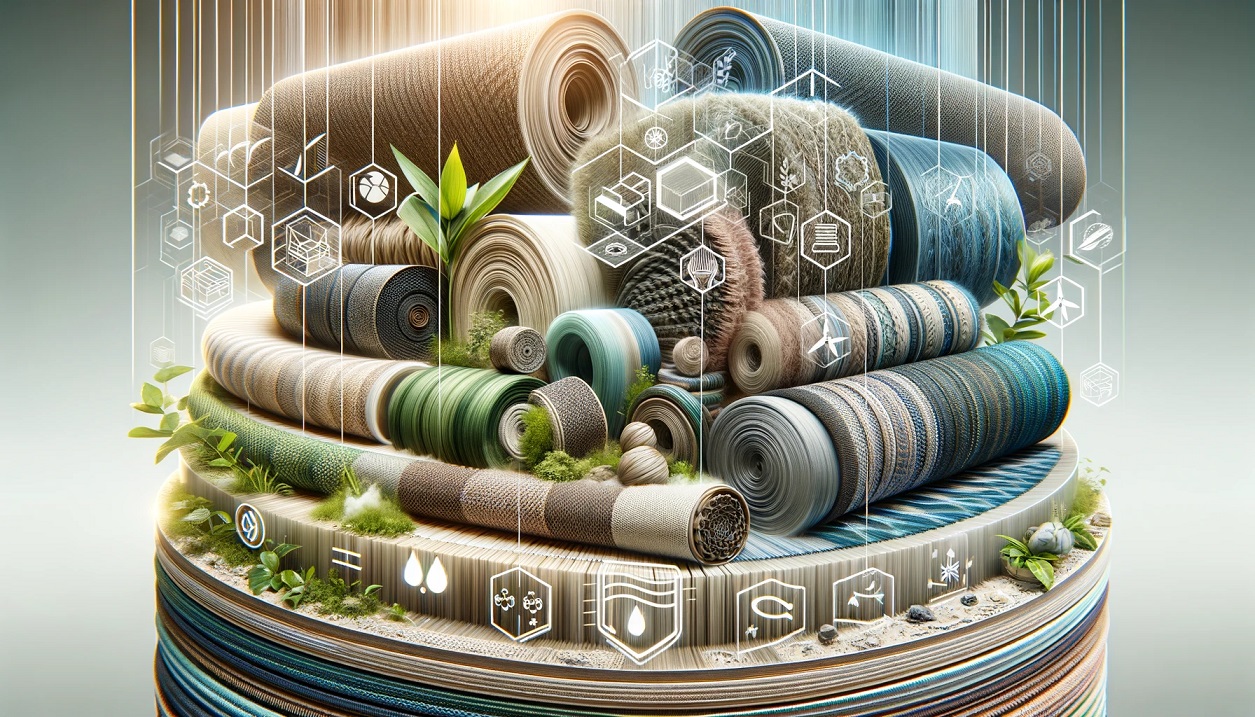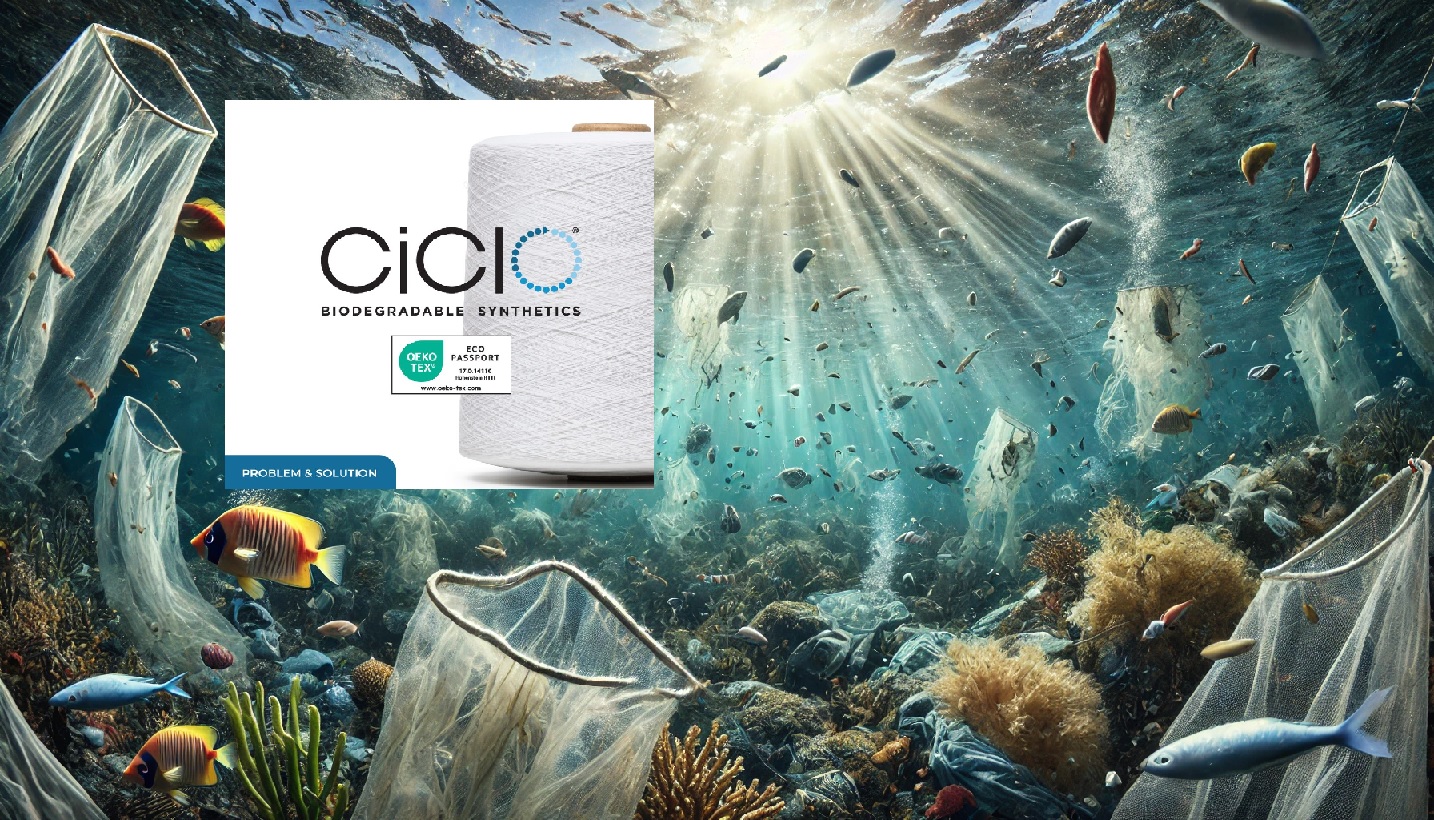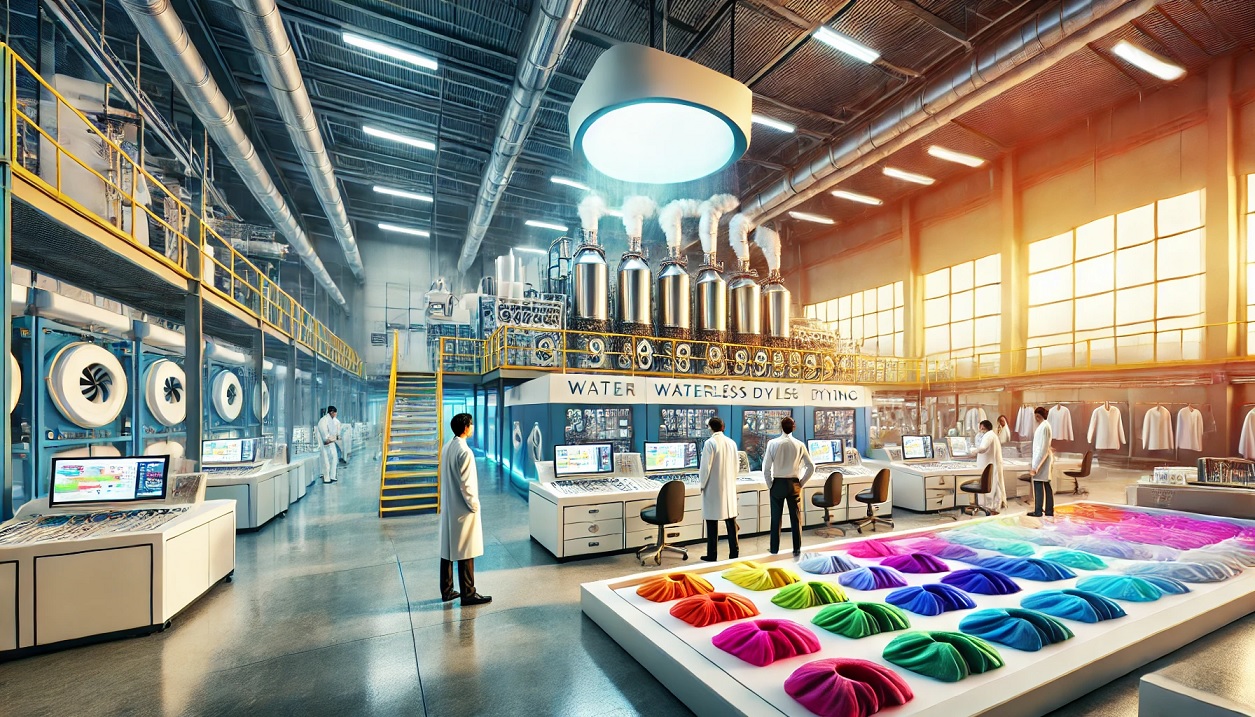Sustainability has shifted from being an added value to a fundamental requirement in product manufacturing. Sustainable technical textiles are at the forefront of this movement, offering benefits that stretch beyond the environment to societal and economic gains.
The Value of Paying More for Sustainability
Investing in sustainable products, despite higher costs, yields considerable benefits. Key among these is environmental protection. Sustainable textiles use eco-friendly materials and processes that reduce water use and greenhouse gas emissions. This commitment helps companies shrink their carbon footprint and combat climate change.
Social and Ethical Benefits
Sustainable textiles also support social responsibility. Fair wages and safe working conditions reflect a company’s commitment to social justice. This boosts consumer trust and strengthens brand reputation.
Enhanced Quality and Performance
Sustainability correlates with quality. Eco-friendly materials often lead to improved durability and functionality. This results in higher customer satisfaction and loyalty.
Regulatory Compliance and Risk Management
Adhering to evolving regulations is critical. Sustainable practices help companies stay compliant and mitigate risks associated with legislative changes. This proactive approach prepares businesses for future regulatory demands.
Current Sustainability Trends in Technical Textiles
The industry’s focus on sustainability is influencing major changes. High energy costs and the adoption of new materials, such as cellulose fibers, are notable trends. These bio-based, biodegradable fibers are gaining attention for their versatility and sustainability.
The Impact of EU Supply Chain Law
The EU Supply Chain Act imposes new responsibilities on companies to ensure their products meet strict environmental and human rights standards. This law emphasizes the importance of monitoring and improving global supply chains.
The Shift Towards PFAS Alternatives
The expected ban on PFAS (which stands for per- and polyfluoroalkyl substances) highlights the need for alternative materials. These substances, known for their durability, pose environmental risks. The industry is exploring replacements that maintain performance without harmful impacts.
The Role of Recycling in Sustainability
Recycling is becoming a key component of the textile industry, driven by the EU’s Green Deal. Improving the circularity of textiles is essential, especially for technical applications like automotive textiles.
Conclusion: The Sustainable Path Forward
The transition to sustainable technical textiles is not just a trend—it’s a necessary evolution in how we produce and consume. For companies, this means adapting to new standards and embracing innovative materials and processes. For consumers, it offers products that are not only high in quality but also ethically produced. As the textile industry continues to evolve, sustainability remains a central theme, driving changes that influence global markets and consumer habits.



